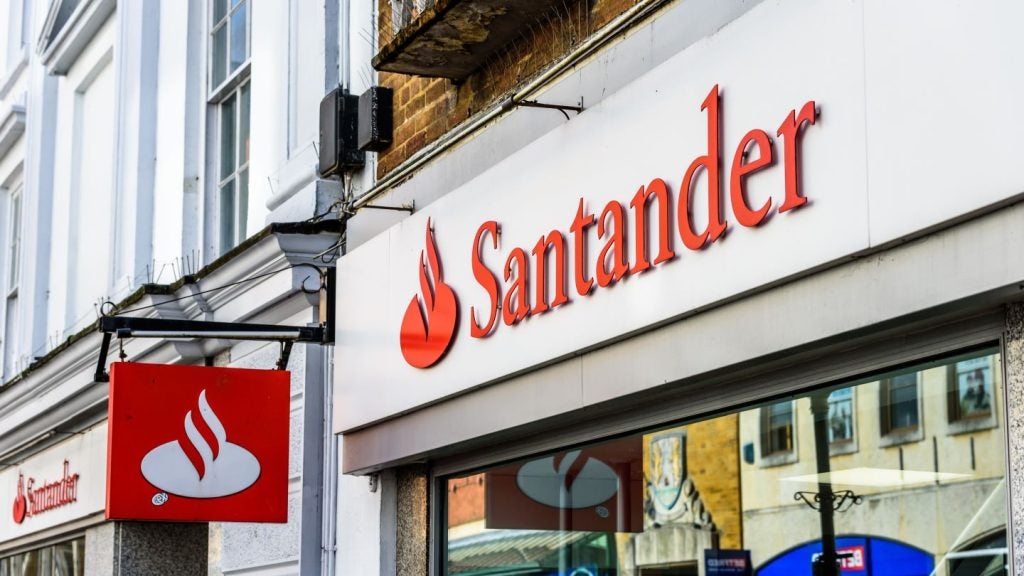
The Asset Based Finance Association (ABFA) expressed concerns that the Bank of England’s (BoE) stimulus package risks ‘leaving behind’ small and medium enterprises (SMEs).
The BoE announced yesterday that it will cut UK interest rates to a record low of 0.25%, in response to the economic uncertainty following Brexit.
The monetary policy committee (MPC) of the UK’s central bank voted on a variety of measures, including:
-The announced 25 basis point cut in Bank Rate to 0.25%;
-A new Term Funding Scheme (TFS);
-The purchase of up to £10bn (€11.8bn) of UK corporate bonds;
-A £60bn expansion of the asset purchase scheme for UK government bonds, taking the total stock of these asset purchases to £435bn.
The ABFA warned that the expansion of quantitative easing to improve corporate bonds would help only large corporations, and offer little to SMEs.
Jeff Longhurst, chief executive officer, ABFA said: “The [BoE] needs to make sure that SMEs don’t get left behind by stimulus packages that only help households and big businesses,”
How well do you really know your competitors?
Access the most comprehensive Company Profiles on the market, powered by GlobalData. Save hours of research. Gain competitive edge.

Thank you!
Your download email will arrive shortly
Not ready to buy yet? Download a free sample
We are confident about the unique quality of our Company Profiles. However, we want you to make the most beneficial decision for your business, so we offer a free sample that you can download by submitting the below form
By GlobalData“It’s disappointing that the Bank of England hasn’t considered…[providing] much more targeted assistance to SMEs.”
The new TFS launched yesterday by the BoE will provide funding for banks at a rate close to the 0.25% Bank Rate.
In a letter to the UK Chancellor, Mark Carney, BoE governor said “the MPC judged this step was warranted in order to ensure the very low level of Bank Rate was passed through to lending rates in the real economy faced by households and businesses.”
The TFS was however welcomed by ABFA, as it may prove positive for SMEs. In that respect Longhurst said:
“We look forward to the detail on the proposed term funding scheme which may have the potential to have some positive impact on smaller businesses if it can be used to support the full range of commercial finance options, including invoice finance and asset-based lending.”







